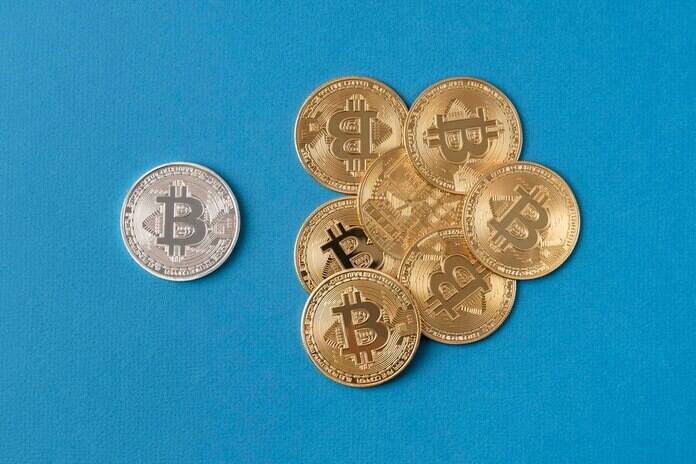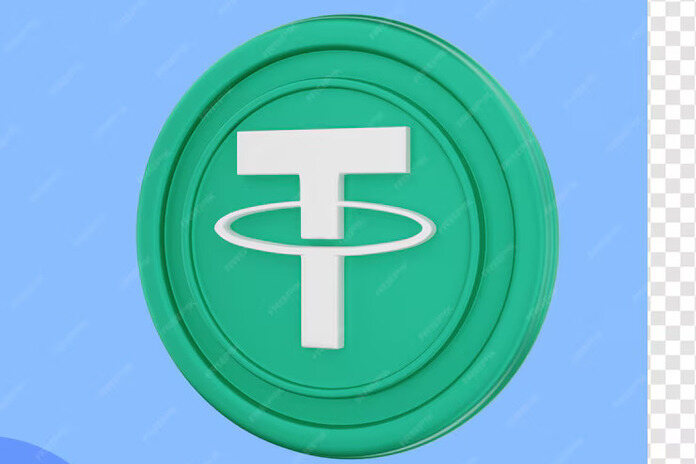South Korea Establishing Crypto Investigative Unit Amid Crime Surge

South Korea is taking proactive measures to address the surge in cryptocurrency-related crimes by considering the transformation of its temporary crypto-crime investigative unit into a permanent department, as per a local report. The nation witnessed a substantial increase in suspicious transaction reports from crypto companies, prompting the government to enhance its efforts in combating fraudulent activities.
According to a report by Segye Ilbo, the Justice Ministry and the Ministry of the Interior and Safety are set to begin discussions in early May regarding the elevation of the Joint Virtual Asset Crime Investigation Unit to an official department. By formalizing the unit’s status, which currently operates under the Seoul Southern District Prosecutor’s Office, South Korea aims to bolster its effectiveness through the appointment of additional prosecutors and budget allocation.
Established in July 2023, the unit comprises approximately 30 experts from seven financial and tax regulatory authorities, marking South Korea’s first dedicated investigative body focused on digital asset crimes. According to a February report by South Korea’s Financial Intelligence Unit, the country has observed a significant increase in crypto-related criminal activities. Local crypto companies reported 16,076 suspicious transactions in 2023, marking a 49% surge from the previous year.
Moreover, South Korea is set to implement its inaugural comprehensive crypto regulation on July 19, aimed at safeguarding investors. The new regulation imposes stricter penalties for market manipulation, including the possibility of life sentences in certain cases. These initiatives underscore South Korea’s commitment to curbing illicit activities in the cryptocurrency space and fostering a safer environment for investors and stakeholders.
Featured Image: Freepik




